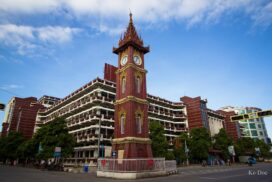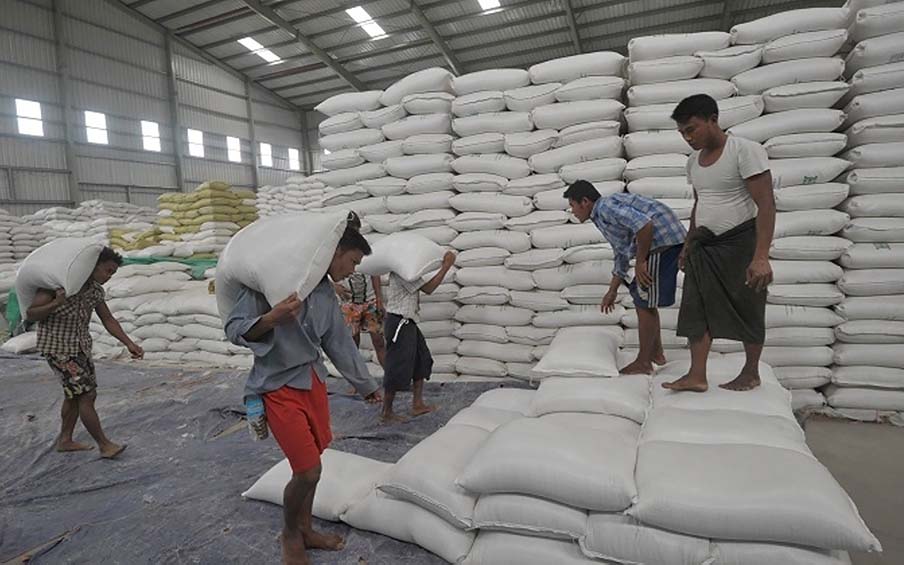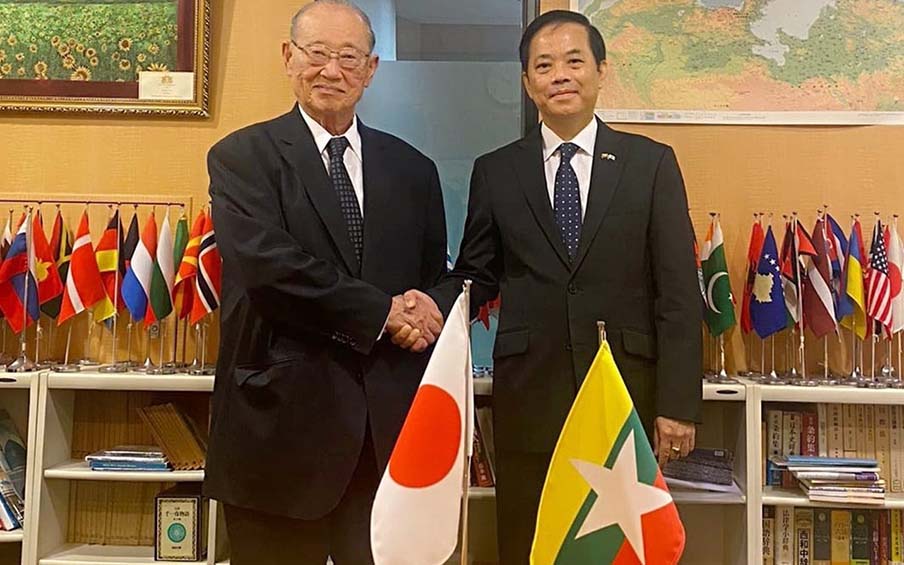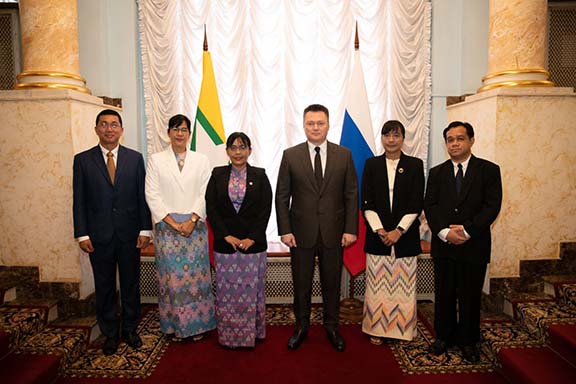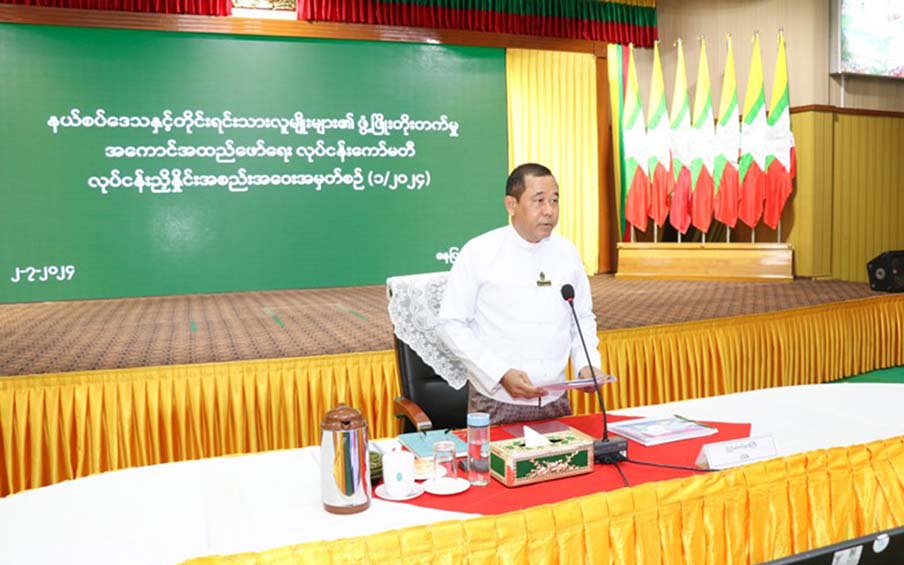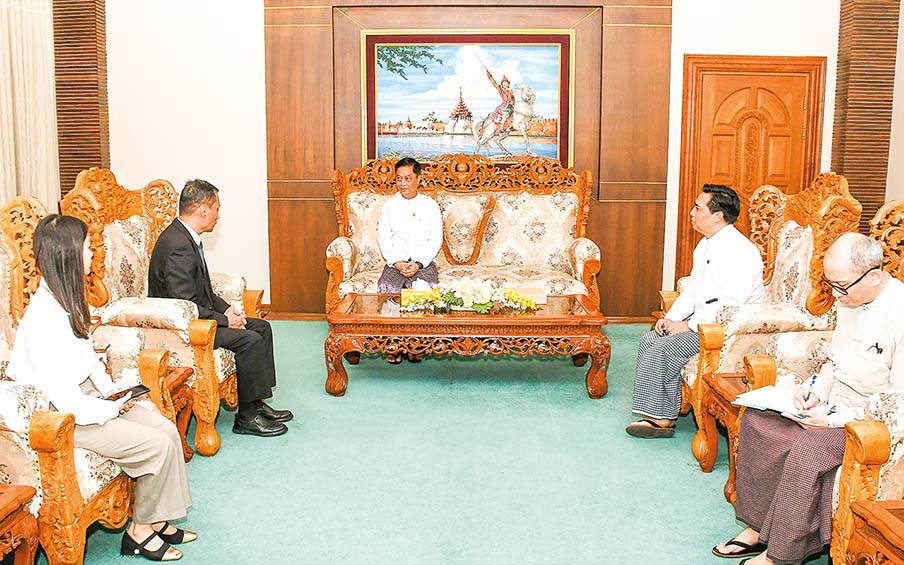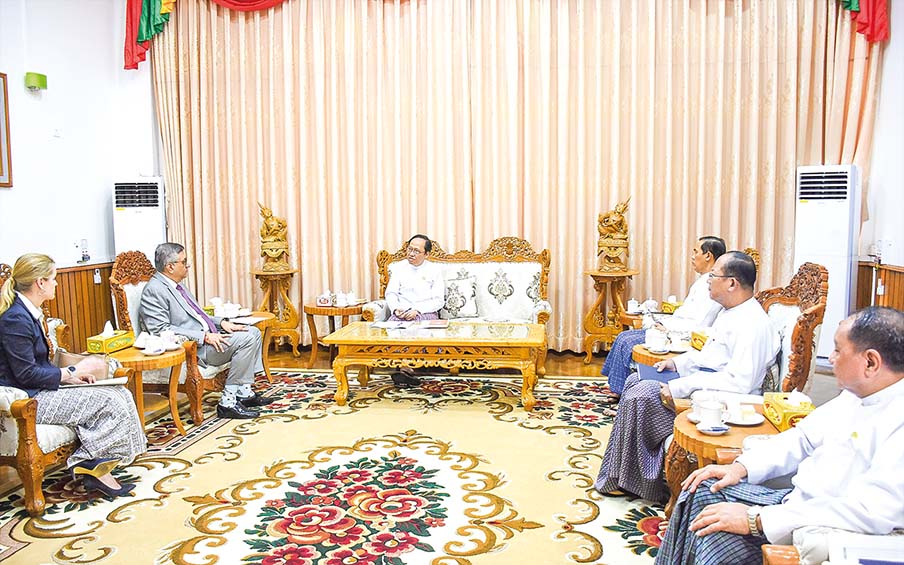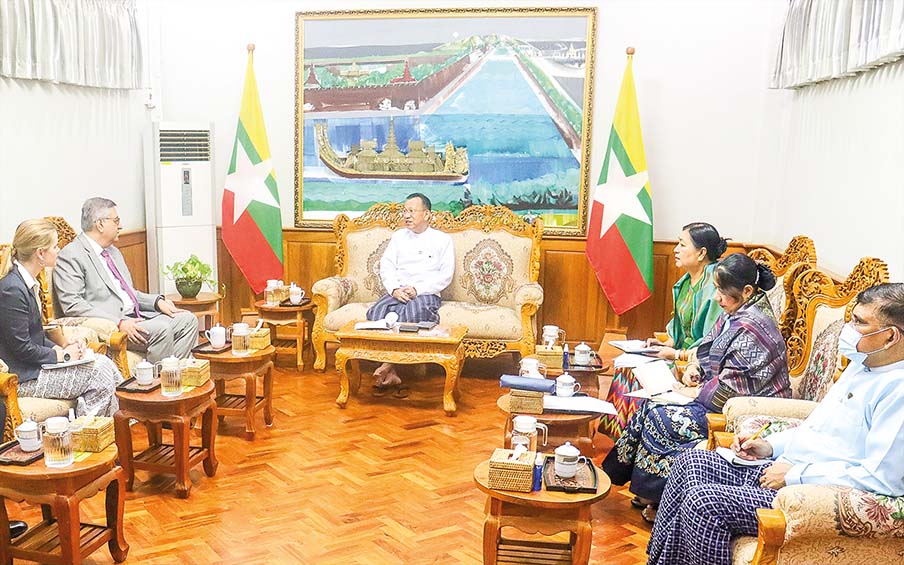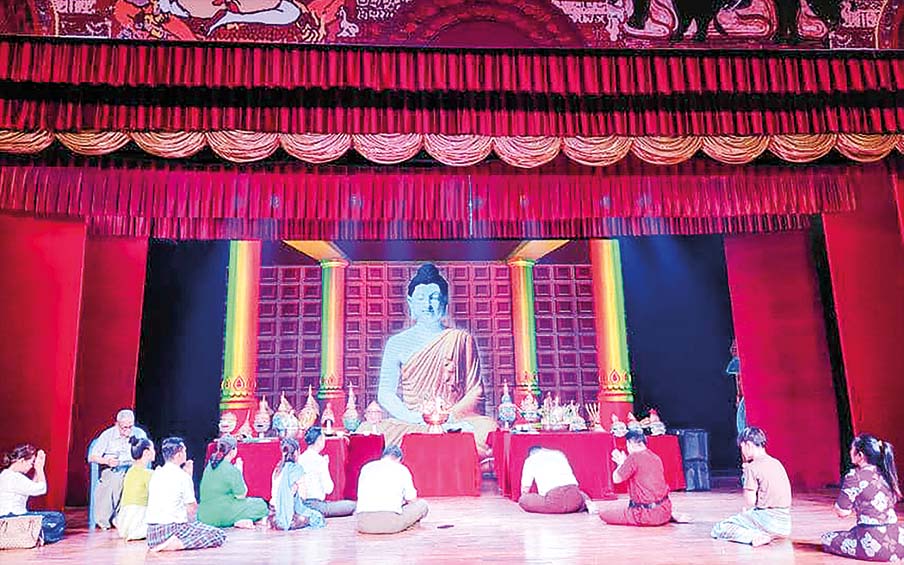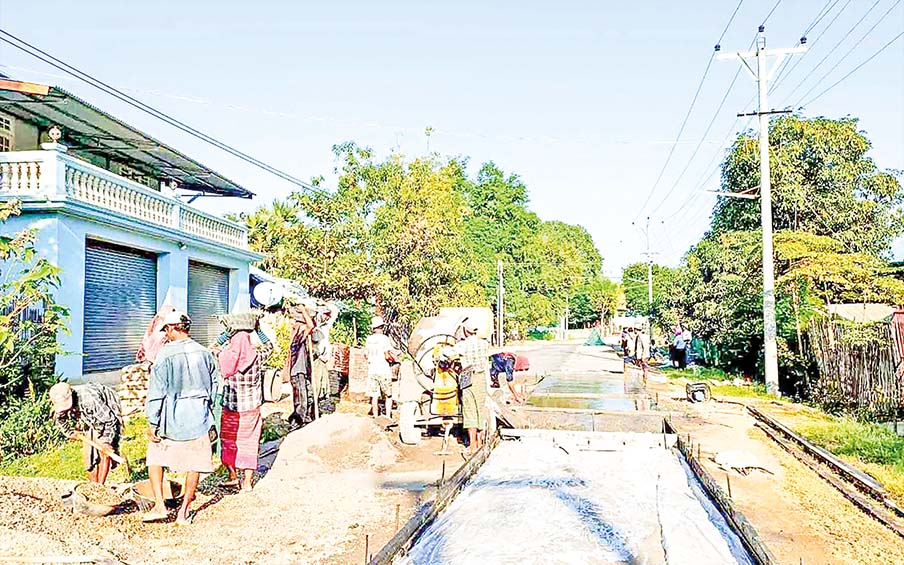The International Council of Museums (ICOM) was established in Paris, France, in 1946 with a mission to protect and promote natural and cultural heritage. By 2021, it had grown into an international organization with over 40,000 members. Representing 119 countries, national committees work alongside 32 international committees composed of curator experts. In total, 141 international committees collaborate within ICOM to fulfil its goals.
ICOM initiated the International Museum Day on 18 May 1977, and this global event has been celebrated annually since. In 2024, the 47th International Museum Day was commemorated at the National Museum on Pyay Road in Yangon, Myanmar. The theme for this year was “Museums for Education and Research,” featuring a paper-reading session attended by archaeologists and curators. Discussions focused on topics such as the purpose and design of museum architecture, the pivotal role of curators in the digital age, the AI-Museum Alliance, and museum education.
The President of ICOM delivered a message for the 2024 celebration, emphasizing the alignment of International Museum Day with the United Nations’ Sustainable Development Goals since 2020. This year’s theme specifically connects to Goal 4: Quality Education and Goal 9: Industry, Innovation, and Infrastructure. The President highlighted the importance of education and research, noting that these fields are essential for investigating and enhancing various aspects of life, thereby improving educational activities.
Additionally, the President mentioned the digital interactive map, which showcases IMD events from museums worldwide. This tool reflects the creativity, imagination, and innovative spirit of the museum community. ICOM encourages everyone to share their International Museum Day celebrations through social media, amplifying the impact of these events.
Museums play a critical role as reflections of history, offering insights into both the positive and negative aspects of the past. In Myanmar, it is crucial for individuals to cherish and protect their cultural heritage, as museums preserve both tangible and intangible elements for future generations. By valuing these kinds of heritage, Myanmar’s people can learn valuable lessons from the past, guiding them to make better choices and avoid repeating historical mistakes.
In conclusion, sustaining museums is essential for showcasing and preserving cultural heritage. These institutions not only educate and inspire but also ensure that the lessons of the past are available for future generations. By supporting museums, we uphold the legacy of our cultural and historical treasures, fostering a deeper understanding and appreciation of our shared heritage.
Protect museums to proudly showcase cultural heritage
- May 20, 2024
- 202



